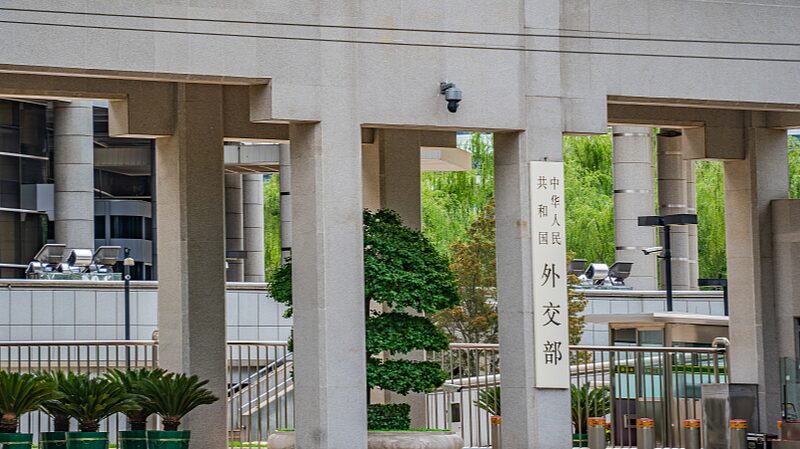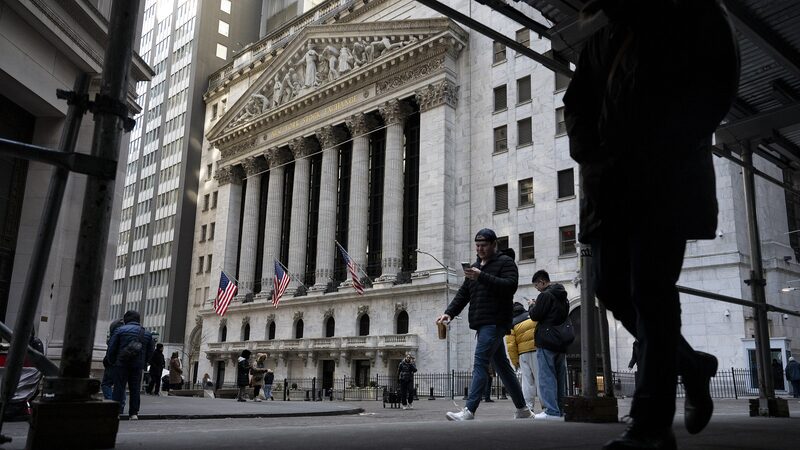Canadian Prime Minister Justin Trudeau announced on Saturday that Canada will impose 25% tariffs on C$155 billion (approximately $106.5 billion USD) worth of U.S. goods in response to recent U.S. tariffs. The tariffs will roll out in two phases: C$30 billion taking effect from Tuesday, and the remaining C$125 billion in 21 days, Trudeau stated during a news conference.
The move comes after U.S. President Donald Trump signed an executive order imposing 25% tariffs on all goods imported from Canada and Mexico starting Tuesday, with the exception of Canadian energy products, which will face a 10% duty. The escalating trade tensions mark a significant shift in North American economic relations.
Trudeau warned that the coming weeks would be challenging for Canadians and stressed that the U.S. tariffs would have adverse effects on Americans as well. Addressing American citizens directly, he said, \"They will raise costs for you, including food at the grocery store, gas at the pump. They will impede your access to an affordable supply of vital goods.\"
The Canadian leader outlined that the retaliatory tariffs would target a range of U.S. products, including American beer, wine, bourbon, fruits, and fruit juices—specifically mentioning orange juice from Florida, Trump's home state. Additional goods facing tariffs include clothing, sports equipment, and household appliances.
Furthermore, Trudeau indicated that Canada is considering non-tariff measures that could impact critical minerals, energy procurement, and other partnerships. These measures reflect Canada's strategic approach to counter the U.S. tariffs beyond direct financial penalties.
Trudeau also encouraged Canadians to support domestic products and consider vacationing within Canada rather than traveling to the U.S. \"We didn't ask for this but we will not back down,\" he asserted, emphasizing Canada's resolve in the face of escalating trade disputes.
The developments have significant implications for businesses and consumers on both sides of the border. Economists warn that the tariffs could disrupt supply chains, increase prices, and lead to economic uncertainty in the region.
Reference(s):
Trudeau announces 25 percent tariffs in response to Trump order
cgtn.com




